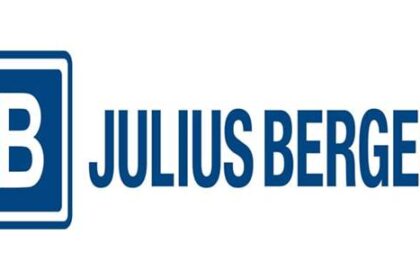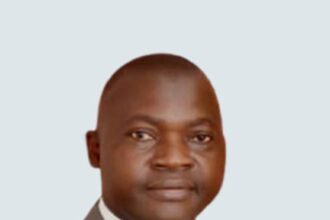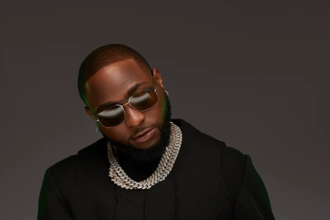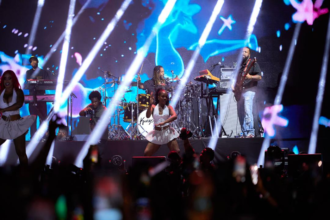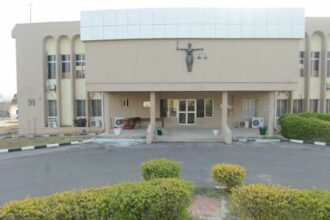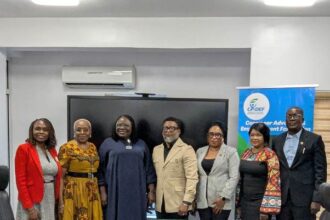At the heart of this year’s Africa Tech Festival in Cape Town, one message resonated clearly – Africa’s future will be built where technology, innovation, and culture intersect. This was the core of Sola Oke’s vision, Managing Director for Pernod Ricard Africa, who believes that Africa’s digital awakening must go hand in hand with celebrating its cultural identity.
Speaking about the festival in an interview granted to Karabo Ledwaba, Oke emphasized that Africa’s greatest opportunity lies in leveraging artificial intelligence (AI), data, and digital transformation to empower its people – especially its youthful and rapidly urbanizing population.
“Africa’s future excites me because technology has the power to accelerate our development,” Oke said. “We need to understand and fully exploit these opportunities together, from skills development to career mobility.” To demonstrate the possibilities, Oke highlighted Pernod Ricard’s AI-powered career platform, Horizons, which uses machine learning to analyse millions of possible combinations between employee skills, aspirations, and company needs. The platform maps out new career pathways, suggesting how talent can be developed and redeployed across industries – an approach he believes could transform Africa’s job market. “Imagine a similar AI platform that matches Africa’s youth with emerging opportunities, closing the gap between potential and employment,” Oke added.
Remarking on driving growth through data and innovation Oke noted that Pernod Ricard’s success in Africa is increasingly data-driven. The company has integrated AI decision-support systems in its sales and marketing operations, helping teams maximize the potential of its diverse premium portfolio. “AI and data are powerful levers to unlock growth,” he explained. “Events like the Africa Tech Festival keep us in touch with emerging innovations that can augment our strategy.”
He further observed that Africa has shifted from being a technology laggard to a dynamic hub of digital innovation, with thriving ecosystems in fintech, e-commerce, and creative technology in markets like Nigeria and Kenya. “Africans are now more tech-savvy and entrepreneurial than ever before,” he said. “From fintech unicorns to digital music platforms, we’re creating new frontiers for economic participation.”
‘
On blending technology and culture, Oke believes African brands and creatives are driving a new cultural movement that merges innovation with identity. Through initiatives like Jameson’s Distilled Sounds and Martell’s Afrobeats narrative, Pernod Ricard is positioning itself not just as a sponsor of culture but as a catalyst and co-creator.

In Nigeria, Jameson has been instrumental in promoting the Alté movement – a youth-led subculture that celebrates individuality through music, fashion, and art. Its Asiye campaign in South Africa celebrates collective success rooted in Ubuntu, redefining what progress means in an African context. “Culture travels faster than advertising,” Oke noted. “Music, fashion, and creativity are now global currencies. Our brands help bring Africa’s stories to the world.”
He points to Martell’s collaboration with Afrobeats superstar Davido as an example of this strategy — one that reflects Africa’s confident cultural resurgence and its growing global influence.
“Afrobeats is Africa’s biggest cultural export,” Oke said. “For us, being part of this cultural movement isn’t optional — it’s essential.”

Gazing at the big picture Oke, the convergence of technology and culture is Africa’s next great frontier. While AI and data will drive innovation, culture remains the soul that will define how Africans use these tools to tell their own stories, shape their economies, and build a more inclusive future.
“Technology may accelerate our development,” he concluded, “but culture gives it meaning.”Martin Ogumah has graduate degrees in Sociology and Political Science. He has over 20 years of experience in media, advertising, and PR





